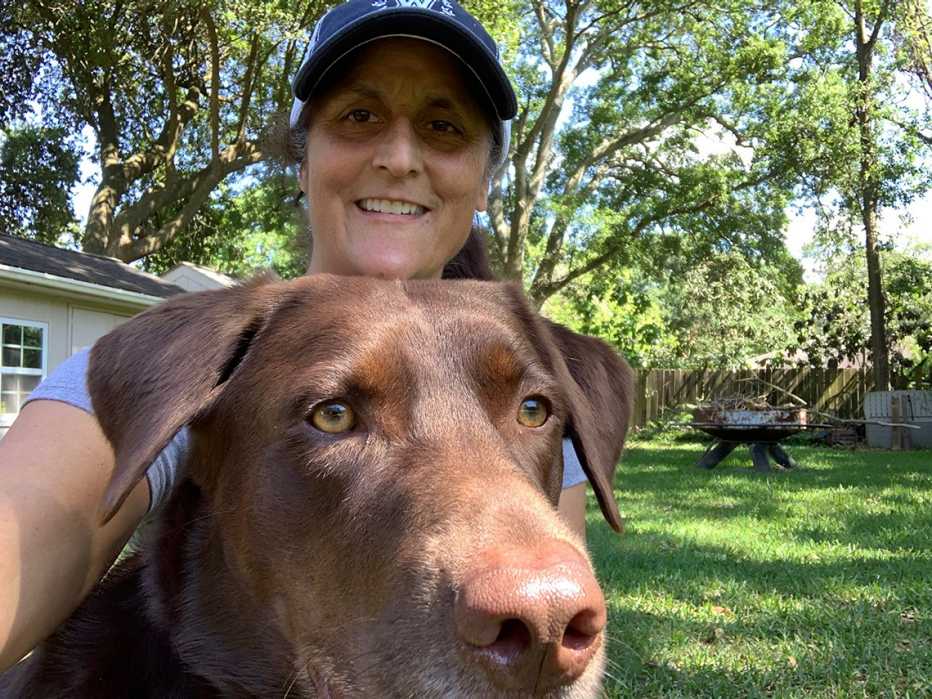AARP Hearing Center


Three weeks into the coronavirus crisis, astronaut Sunita Williams, 54, stands in the middle of a street in her neighborhood in Houston, leading kids who are safely spread out on their own front lawns in an exercise regimen. “And one and two and three and four....” Push-ups, sit-ups, jumping jacks. It is a gym class in the age of COVID-19.
"I could tell that the kids had been getting antsy being schooled at home,” she says. “So I suggested to their parents, ‘Hey, I'm going to do a workout of the day. If the kids want to do it, I'm happy to lead.’ They were, like, ‘Yes, please!’ “
A veteran of NASA space station expeditions 14, 15, 32 and 33, Williams is the first person to run a marathon in space — on a treadmill. Now, she's training to fly the Boeing CST-100 Starliner spacecraft for NASA. These days, that training is virtual; like most of the rest of America, she is working from home — in her case, in Texas with her Labrador retriever, Gunner.
But Williams’ extraterrestrial adventures have uniquely prepared her to weather such a scenario. Here's her quarantine coping advice.


Be considerate
When we were in space with the same few people, you had to learn about them and work to help them cope. Then if, say, you opened up a food container and there was one serving of lasagna, you'd think: Oh, my crewmate likes lasagna. So I am not going to eat it. Being caring was critical to our mission.
At home now, make sure you know or get to know anyone living with you, then apply that same kind of caring and respect. And don't forget to check in daily to see how that person is doing.



































































More on health
Exercising at Home Just Got Easier
Fitness experts share 10-minute workouts you can do in your living room
Seven Ways to Handle Anxiety During the Coronavirus Outbreak
Uncertainty and fear are major triggers. Here's how to cope
What You Need to Know About the Coronavirus
The latest news on COVID-19 and answers to frequently asked questions